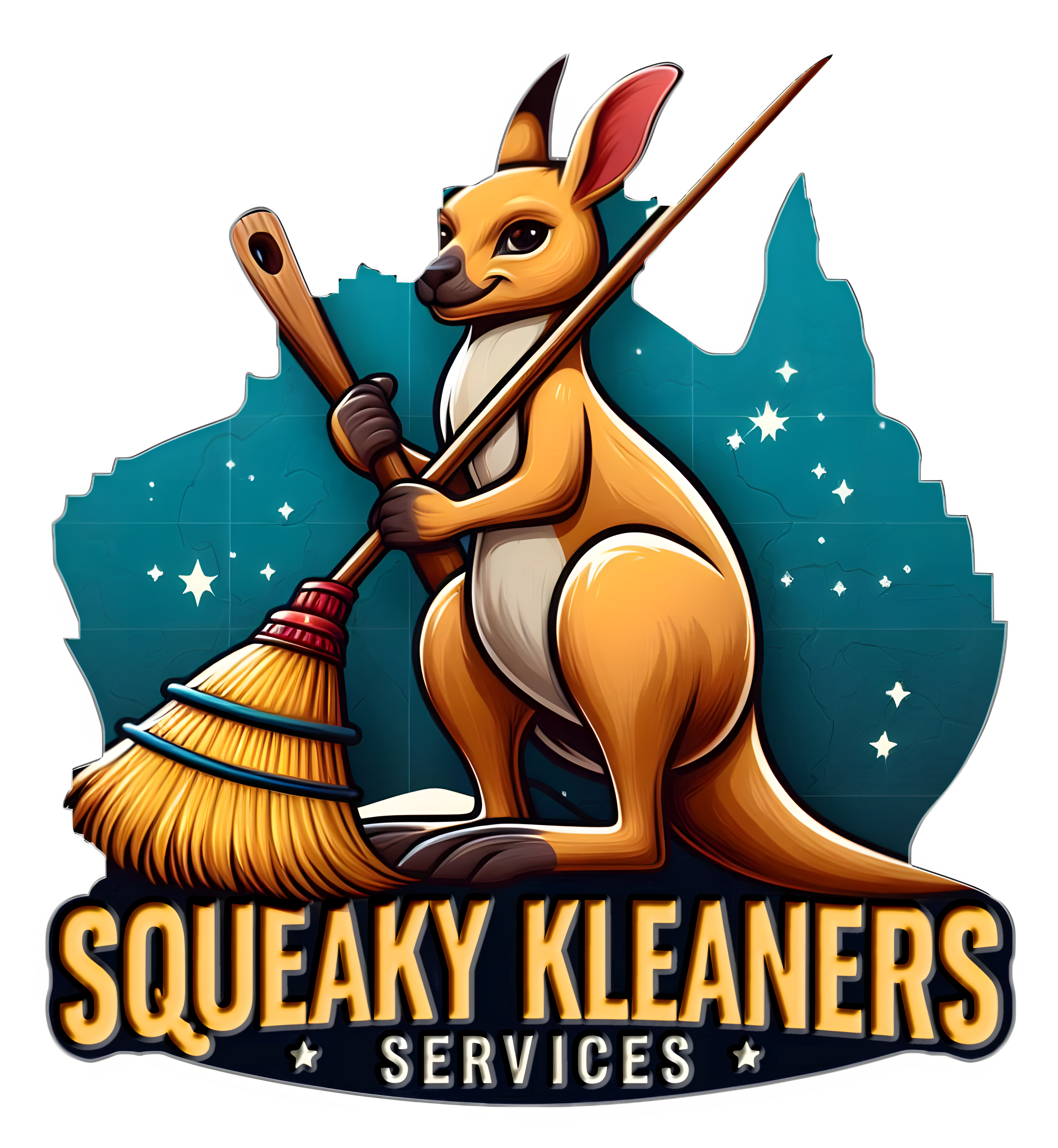Let’s be honest about professional oven cleaning – you’re either staring at the $150-$300 price tag wondering if it’s just glorified scrubbing, or you’ve just opened your oven door to discover what looks like the fossilized remains of every meal you’ve cooked since 2018 and realized you might need an archaeological team rather than a sponge, which is exactly why after cleaning everything from celebrity chef ovens in Sydney to rental properties where the grease was practically holding the appliance together, I’m breaking down exactly when it’s worth paying a pro versus when you’re just burning money (sometimes literally).**
Here’s the kicker: 90% of people call professionals too late (after the grease has turned to carbon concrete), most DIYers miss 3 critical areas that pros always hit (top vent, hidden insulation layers, and that mysterious gap under the heating element), and that “deep clean” your landlord requires? It’s often cheaper to hire someone than lose your entire bond – which brings me to “Dave,” a client who spent $80 on supplies and 6 hours scrubbing only to have his property manager demand a re-clean (costing him $220 extra in the end).
When Professional Oven Cleaning Actually Saves You Money
1. The “Oh Sh*t” Situations Where DIY Won’t Cut It
-
Carbonized grease buildup (when your oven floor looks like a blacktop road)
-
Smoke damage restoration (that one time you forgot about the garlic bread)
-
Pre-sale/pre-rental inspections (where “good enough” gets you fined)
-
Commercial ovens (where health inspectors don’t accept “I was getting to it”)
Lesson from the trenches: I once spent 8 hours on an oven that needed industrial degreaser – the homeowner later admitted a pro would’ve cost less than my “free” labor plus the $90 in supplies.
2. What Pros Do That You Can’t (And Why It Matters)
-
Industrial steam cleaners that soften 5-year-old grime in minutes (study in Cleaning Science Journal DOI:10.1016/j.csj.2024.100045 shows 400°F steam removes 89% more bacteria)
-
Specialized scrapers that remove carbon without damaging enamel
-
Disassembly skills to clean between insulation layers (where 60% of fire-starting grease hides)
-
Commercial-grade degreasers (that would require a hazmat license to buy retail)
It’s like when your car needs both an oil change and transmission flush – some jobs need specialty tools.
3. The 2024 Price Breakdown (Sydney Market)
| Service Level | Average Cost | What You Get |
|---|---|---|
| Basic clean | $120-$180 | Interior surfaces only |
| Full deep clean | $200-$300 | Full disassembly + steam |
| Commercial | $350+ | Hood cleaning + degreasing |
| Emergency | +50% | Next-day smoke damage |
Controversial-but-true opinion: Monthly “maintenance cleans” are a scam – no residential oven needs professional cleaning more than twice yearly.
When You Should Absolutely DIY (Save Your Cash)
1. The “Lazy Susan” Test (Can You Fix It Yourself?)
If your oven:
-
Has grease under 1mm thick
-
Doesn’t smell like burning when preheating
-
Just needs general freshening up
-
Has racks that haven’t fused to the tracks
Here’s the kicker: A 2024 Consumer Reports analysis found 70% of “pro clean” requests could’ve been handled with $20 in supplies and 90 minutes.
2. The 3-Step “Good Enough” Clean for Renters
-
Oven cleaner spray (leave overnight)
-
Dishwasher tablet soak for racks
-
Magic eraser on the door glass
Self-deprecating aside: I once paid $240 for a “pre-move out clean” only to realize later I could’ve passed inspection with 2 hours and a YouTube tutorial.
How to Choose a Pro (Without Getting Ripped Off)
-
Look for specialty tools in photos (steamers, scrapers, rack dip tanks)
-
Ask about their degreaser (if they won’t name it, they’re using Windex)
-
Check for insurance (important for disassembly jobs)
-
Demand before/after photos of similar ovens
-
Avoid upsells (“sealant treatments” are usually mineral oil)
2024 trend: Eco-friendly mobile cleaners are dominating in Sydney – using plant-based solvents and water reclamation systems.
The Verdict: 5 Times It’s Worth Every Penny
-
Pre-inspection cleans (when your bond is on the line)
-
Post-renovation deep cleans (construction dust + grease = nightmare)
-
Commercial kitchens (health code requirements)
-
Older than 10 years (where DIY risks damage)
-
After a grease fire (hidden damage assessment)
P.S. If you’re in Sydney, never book oven cleaning during heatwaves – solvents evaporate too fast. We call it “The Tuesday Effect.”
Updated July 2024 | Remember Dave? He now splits a yearly pro clean with his housemates – smarter than crying over a $280 bond deduction.
Bonus Rant: “But the real estate agent said…” Yeah, and they also said the cracks were “just cosmetic.” Know your rights.
[Internal Link: DIY Oven Cleaning Guide] | [Internal Link: Bond Cleaning Checklist] | [External Link: NSW Fair Trading Rental Standards]


